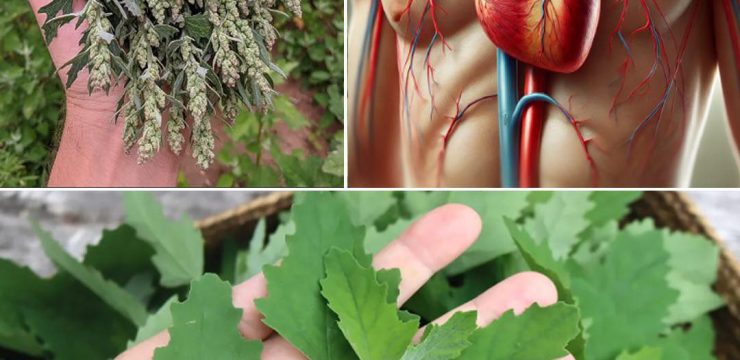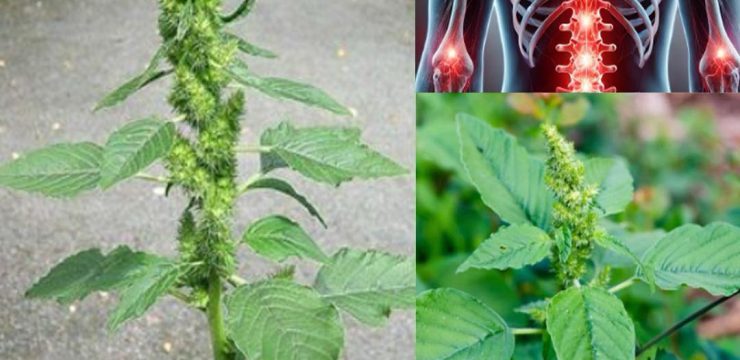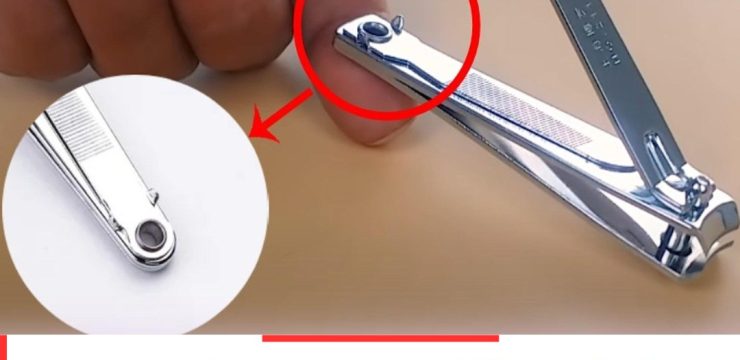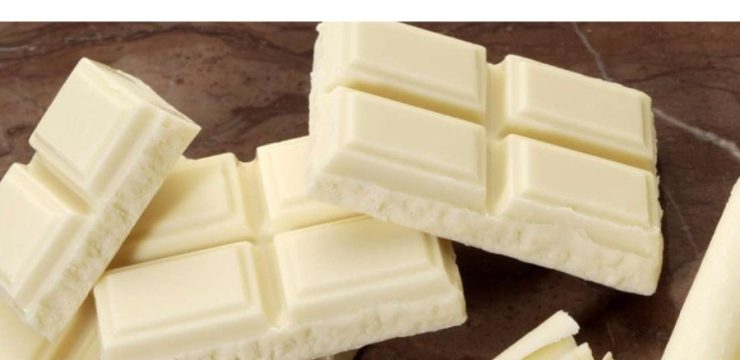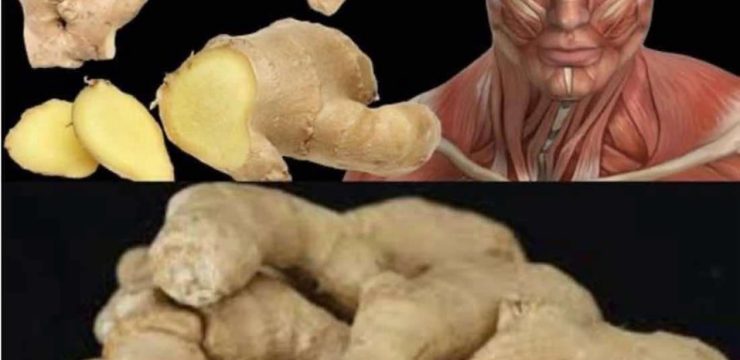Your toilet is built to handle a specific set of things, but flushing the wrong items can lead to serious plumbing problems. Keeping your plumbing system in top shape requires knowing what should and should not go down the drain. Here’s a list of 10 items you should avoid flushing to prevent costly clogs and plumbing issues.

1. Baby Wipes and Wet Wipes
Even if the packaging claims they’re “flushable,” baby wipes and wet wipes can still cause clogs. Unlike toilet paper, these wipes don’t break down easily in water, which means they can accumulate in your pipes and lead to serious blockages. It’s always safer to dispose of wipes in the trash instead.
2. Paper Towels and Tissues
Paper towels and facial tissues are much thicker than toilet paper and are not designed to dissolve in water. Flushing them can result in clogs, especially in older or narrow pipes. To avoid plumbing issues, always throw paper towels and tissues in the trash.
3. Feminine Hygiene Products
Tampons, pads, and other feminine hygiene products are made to absorb liquid, not dissolve in it. These products can expand and create significant blockages in your plumbing system if flushed. Make sure to discard them in a proper waste bin rather than the toilet.
4. Cotton Balls and Q-Tips
Cotton products, like cotton balls, swabs, and Q-tips, are not water-soluble and do not break down like toilet paper. When flushed, they can clump together, forming a blockage that’s difficult to remove. Always throw these items in the trash.
5. Dental Floss
Dental floss might seem harmless, but it doesn’t break down in water and can create tangles in your pipes. Once floss gets stuck, it can trap other debris, leading to bigger plumbing problems. Keep your pipes clear by tossing dental floss in the trash.
6. Grease, Oil, and Fat
Flushing grease, oil, or fat down the toilet is a recipe for disaster. When these substances cool, they solidify and can create stubborn clogs that are difficult to clear. Instead of pouring them down the drain, collect grease and fat in a container and throw it in the trash once it solidifies.
7. Medication
Flushing expired or unused medication can contaminate the water supply, posing risks to the environment and wildlife. Instead of flushing, dispose of medications through a pharmacy take-back program or follow your local community’s guidelines for safe disposal.
8. Hair
Hair is notorious for creating blockages. It can easily tangle with other items and cause clogs that are difficult to remove. Instead of flushing hair down the toilet, dispose of it in the trash after brushing or cleaning your hairbrush.
9. Food Scraps
While it might be tempting to flush leftover food scraps, they can cause clogs and attract pests to your plumbing system. It’s always best to throw food waste in the trash or compost it if possible.
10. Plastic and Other Non-Biodegradable Items
Plastic items, such as wrappers, small toys, and packaging, should never be flushed. These materials do not break down and can cause severe blockages in your pipes or sewage system. Always dispose of plastic and non-biodegradable items in the trash.
Keep Your Plumbing Safe
By avoiding flushing these items, you can prevent costly plumbing repairs and keep your toilet and pipes running smoothly. When in doubt, remember this simple rule: if it’s not toilet paper or bodily waste, throw it out!
